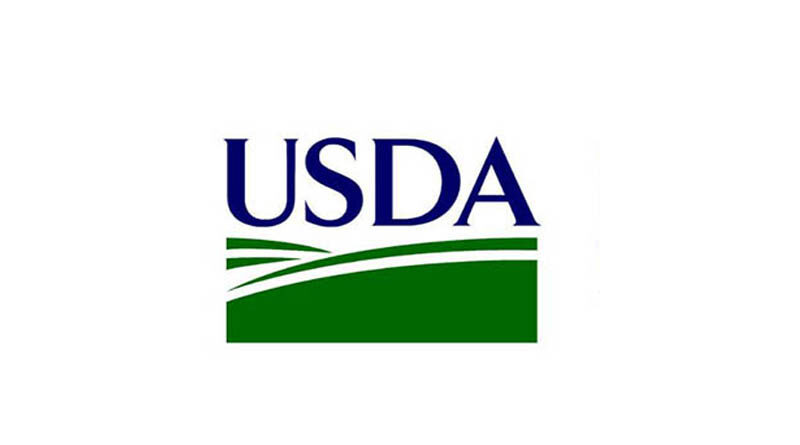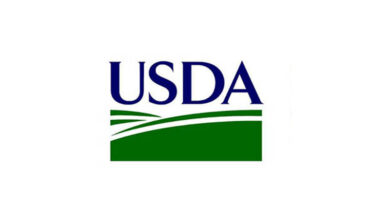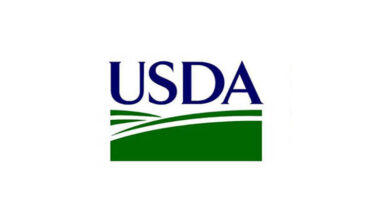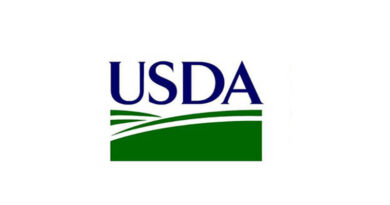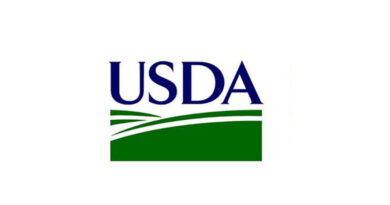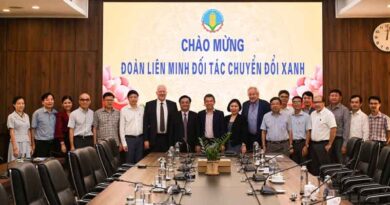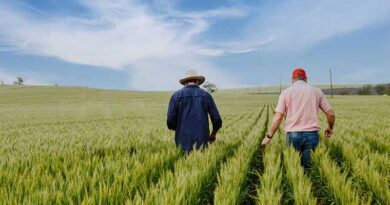USDA Appoints New Members to Food Safety Advisory Committee
19 October 2021, Washington: The U.S. Department of Agriculture (USDA) is announcing the appointment of 13 new members and 17 returning members to the National Advisory Committee on Microbiological Criteria for Foods (NACMCF).
Members of the committee are chosen based on their expertise in microbiology, risk assessment, epidemiology, public health, food science, and other relevant disciplines. One individual affiliated with a consumer group is included in the membership of the committee to serve in a representational capacity.
“As we invest in strengthening our food systems by supporting improved production and processing, NACMCF members offer expert advice on scientific and technical food safety issues,” said Agriculture Secretary Tom Vilsack. “These individuals will play a significant role in helping to ensure the safety of our nation’s food supply.”
The activities of NACMCF are carried out, in part, by subcommittees that are focused on specific areas being considered by the full committee. NACMCF has made important contributions to a broad range of critical food safety issues. The committee reports provide current information and scientific advice to federal food safety agencies and serve as a foundation for regulations and programs aimed at reducing foodborne disease and enhancing public health. Federal food safety agencies involved with NACMCF are FSIS, FDA, CDC, Department of Commerce National Marine Fisheries Service, and Department of Defense Veterinary Services.
The newly appointed NACMCF members to serve a two-year term are:
- Dr. Teshome Yehualaeshet, Tuskegee University
- Dr. Yaohua (Betty) Feng, Purdue University
- Dr. Bing Wang, University of Nebraska-Lincoln
- Dr. Randy W. Worobo, Cornell University
- Dr. Mahipal Kunduru, Topco Associates LLC
- Dr. Elisabetta Lambertini, Global Alliance for Improved Nutrition
- Ms. Joelle Mosso, Eurofins
- Dr. Max Teplitski, Produce Marketing Association
- Dr. Joseph (Stan) Bailey, bioMérieux
- Dr. Tanya Roberts, Center for Foodborne Illness Research and Prevention
- Ms. Janell Kause, USDA, Food Safety and Inspection Service
- Dr. Andreas Keller, HHS, Food and Drug Administration
- Lt. Col. Audrey McMillan-Cole, DVM, DoD, Defense Logistics Agency
See the full list of NACMCF members.
NACMCF will hold a public meeting of the full Committee and Subcommittees from November 17, 2021 to November 19, 2021. The Committee will discuss the following two new charges: Enhancing Salmonella Control in Poultry Products and Cyclospora cayetanensis Contamination. For more details about NACMCF charges or to register to attend this meeting, go to FSIS’ website at www.fsis.usda.gov/policy/federal-register-rulemaking/federal-register-notices.
Background
The NACMCF was established in 1988, in response to a recommendation of the National Academy of Sciences for an interagency approach to microbiological criteria for foods, and in response to a recommendation of the U.S. House of Representatives Committee on Appropriations, as expressed in the Rural Development, Agriculture, and Related Agencies Appropriation Bill for fiscal year 1988. NACMCF provides scientific advice and recommendations to the Secretary of Agriculture and the Secretary of Health and Human Services on public health issues relative to the safety and wholesomeness of the U.S. food supply, including development of microbiological criteria and review and evaluation of epidemiological and risk assessment data and methodologies for assessing microbiological hazards in foods. The Committee also provides scientific advice and recommendations to the Centers for Disease Control and Prevention and the Departments of Commerce and Defense. More information on NACMCF is available on the FSIS website.
USDA touches the lives of all Americans each day in so many positive ways. In the Biden-Harris Administration, USDA is transforming America’s food system with a greater focus on more resilient local and regional food production, fairer markets for all producers, ensuring access to safe, healthy, and nutritious food in all communities, building new markets and streams of income for farmers and producers using climate smart food and forestry practices, making historic investments in infrastructure and clean energy capabilities in rural America, and committing to equity across the Department by removing systemic barriers and building a workforce more representative of America

